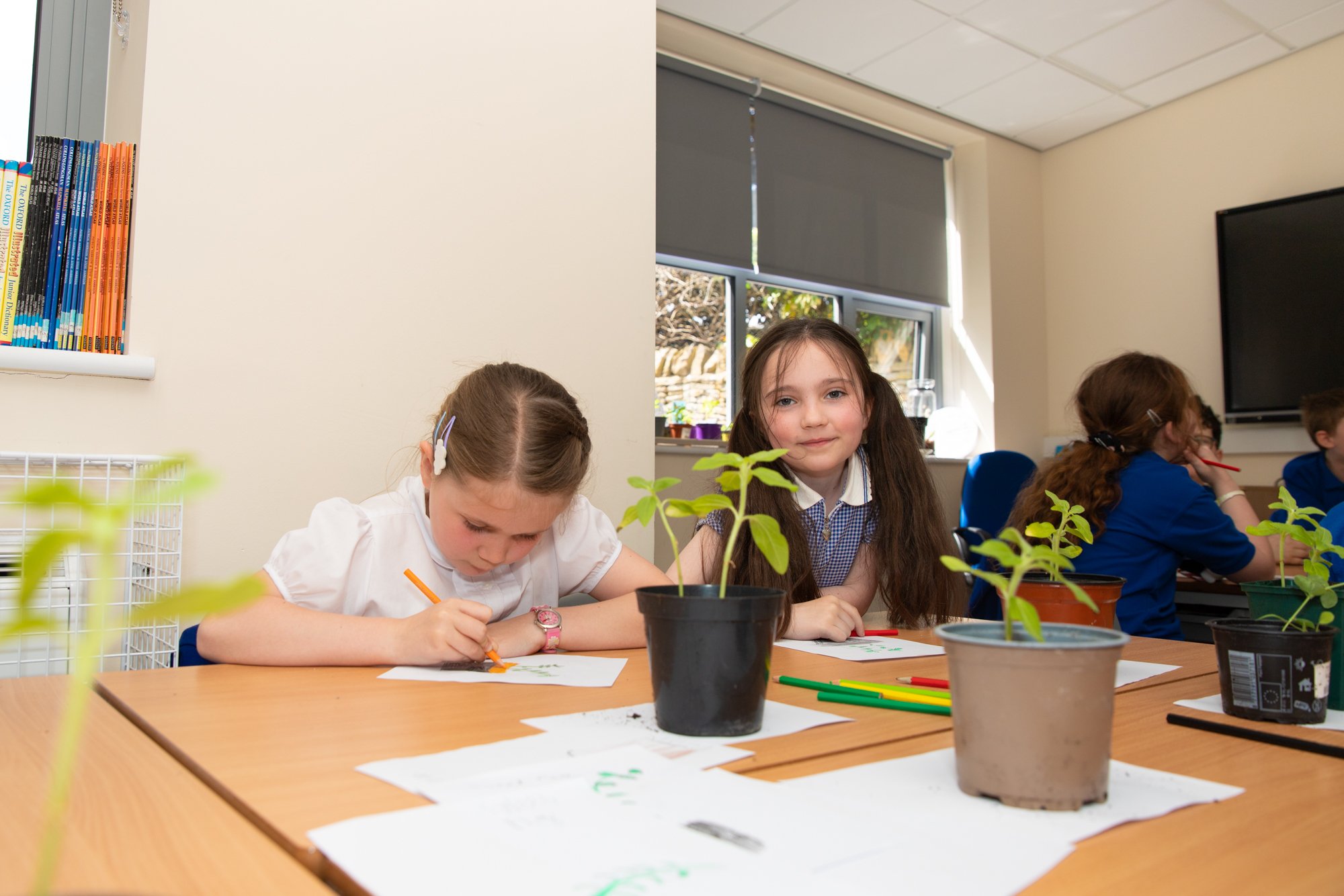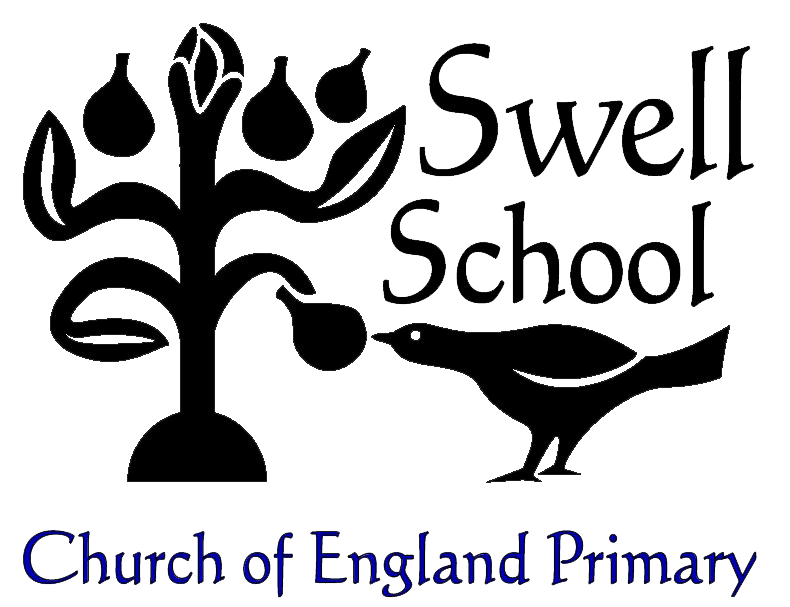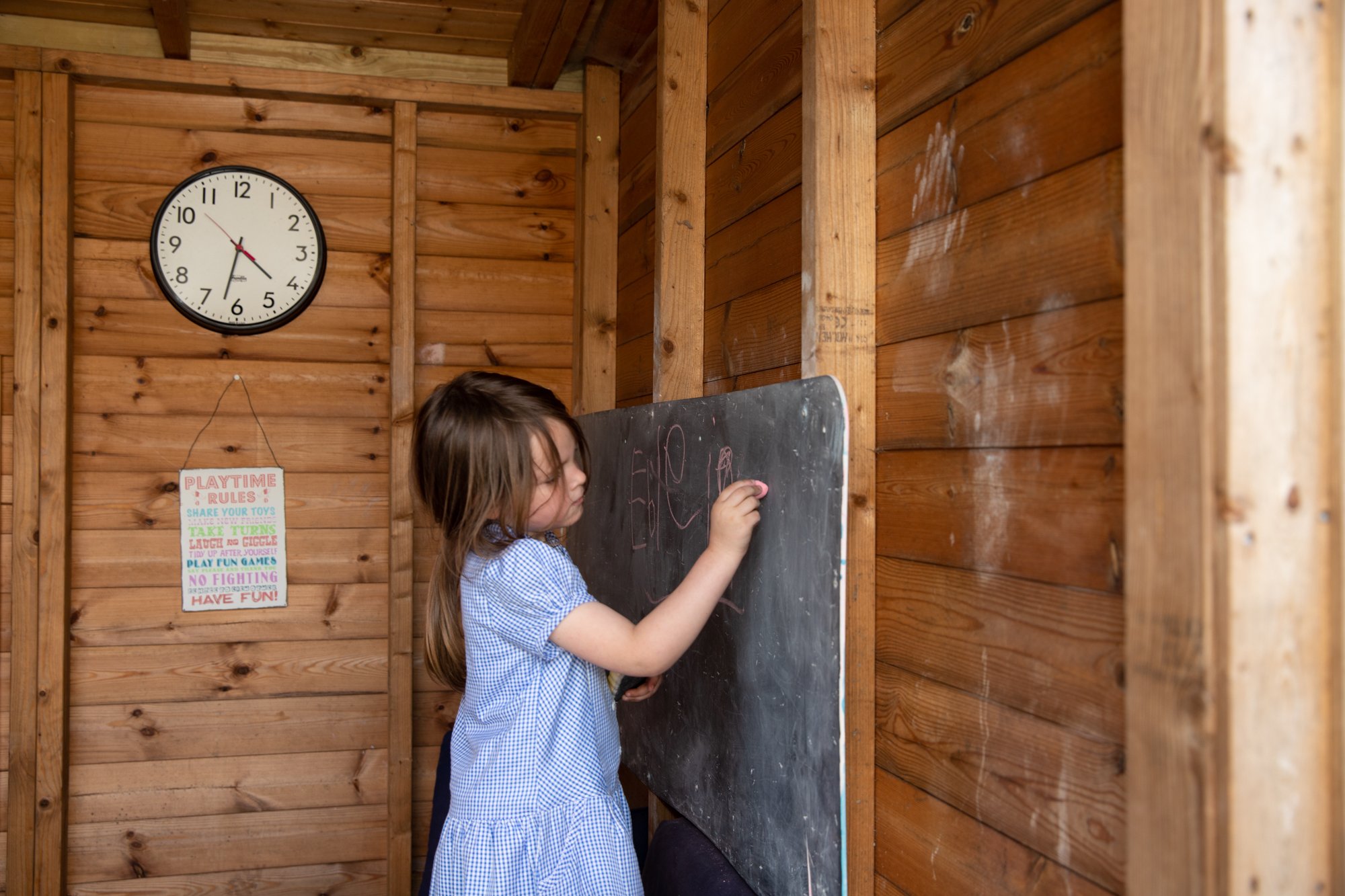
Curriculum
‘A caring village school with a family feel where relationships are at the heart of all we do. Our unique community is connected under the protection of the tree of life, where all are enabled to grow and flourish in their own surprising ways’
Our School vision
‘A caring village school with a family feel where relationships are at the heart of all we do. Our unique community is connected under the protection of the tree of life, where all are enabled to grow and flourish in their own surprising ways’
We follow a broad and balanced curriculum that is rigorous, coherent, sequential, progressive, engaging and fun. All our pupils have access to the full 2014 National Curriculum, differentiated to take into account individual learning needs. All class teachers are responsible for providing a curriculum that is suitable for all pupils in the class, including those with Special Educational Needs or Disabilities (SEND) with support from the SENDCO. We have high expectations for all pupils and are committed to ensuring our curriculum complies with the Equality Act 2010 and the Special Educational Needs and Disability Regulations 2014. Additional information on this can be found in our our Special Educational Needs Information Report and SEND policy.
We use an enquiry based approach to deliver the statutory skills and knowledge of the National Curriculum. Putting questioning at the heart of the schools’ ethos and culture helps our children to be engaged in their learning, deepen their thinking and empowering them to become lifelong learners who are well-prepared for secondary school and their future lives, careers and contributions in our society.
Each has three ‘Big Questions’, one for each long term. The aim of the ‘Big Question’ is that it is not something that is easily answered. It provides a reason for children’s learning opportunities and shapes the lessons that are planned for across the year.
Learning is characterised by the following elements:
The starting point for learning is an age-appropriate ‘Big Question’, to promote deep thinking and reflection. Children are encouraged to create their own questions in response to it.
Children are taught the skills of, and have opportunities to: research evidence to answer questions, explain their findings and formulate arguments and justifications.
Children are taught the skills of, and have opportunities to: collaborate with other children to share ideas and skills, and extend their thinking.
Children develop the skills of demonstrating or explaining concepts orally, concretely, visually and abstractly.
Children have the chance to revisit their leaning, develop their ideas and then apply their knowledge to a different context.
The ‘Big Question’ themes provide the framework for the teaching of Computing, Science, Art and Design, Personal, Social, Health and Citizenship Education, Design and Technology, Geography, History, Languages, Music and PE. Whilst links are made between the subjects learning in each discipline is kept separate. Some subjects need to be taught discretely and this varies depending on the nature of the ‘Biq Question’



